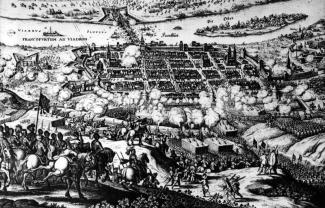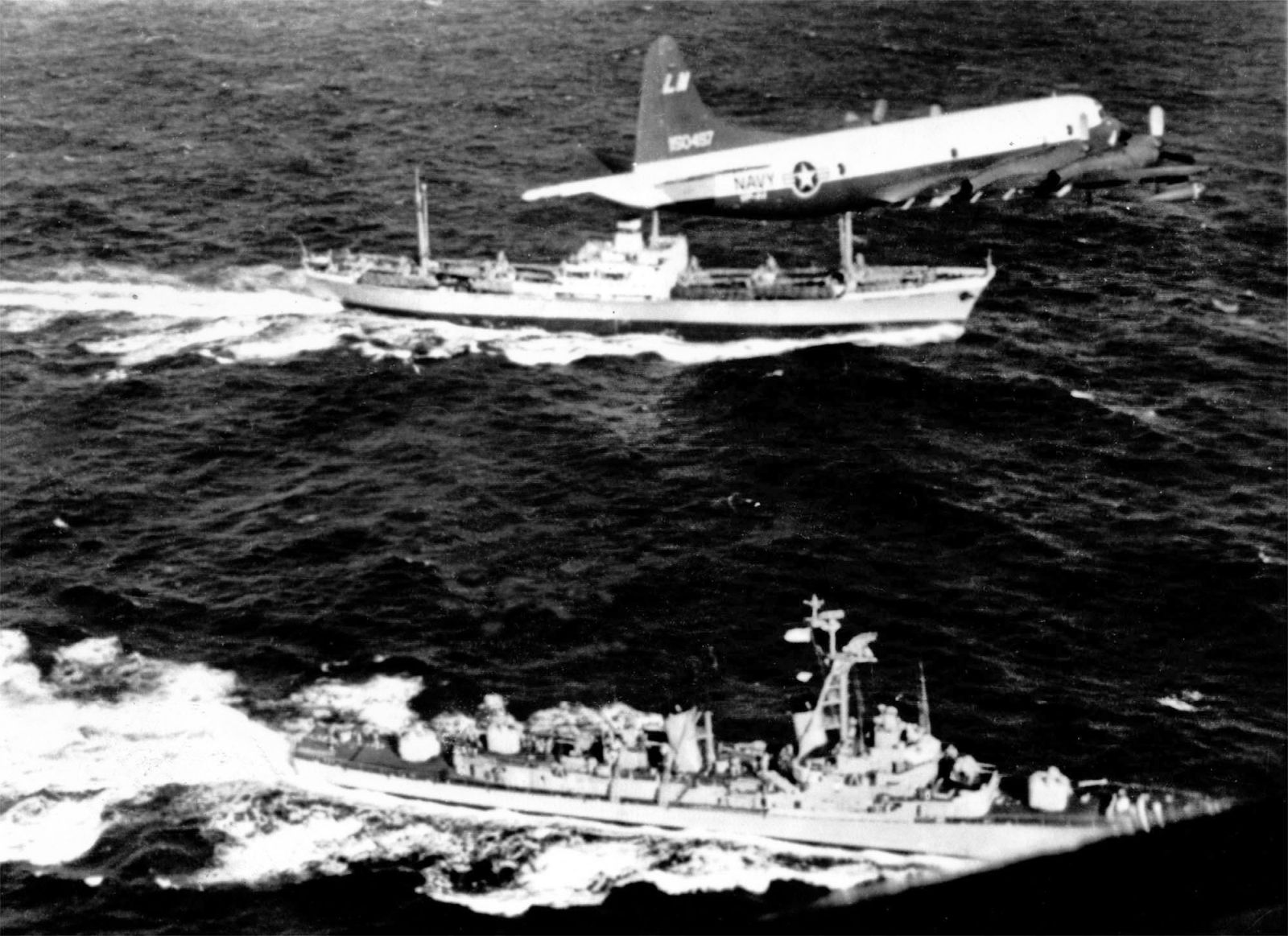Climate change
The lasting impacts of the “little ice age”

In the 16th century, global temperatures dropped by three to five degrees. The reasons are not well understood. Harvests failed, and the impacts on human life were devastating. In his new book, which is only available in German, Blom assesses what happened in Europe: a comprehensive transformation of society. The results included modern evidence-based science as well as globe-spanning imperialism.
Change was not designed by human leaders. Societies evolved as various parties responded to the crisis in different ways. Blom does not argue that everything was caused by global cooling, but states that climate change accelerated the trends.
From the late 16th century on, winters were longer and colder than previously, and the summers were shorter, wetter and colder. Famines were the result of failed harvests. The fight for resources intensified, and violent conflict was mostly coded in religious terms. People believed that God was angry, and dreadful sectarian wars between Protestants and Catholics erupted in many European countries.
Military innovations, including cannons, made warfare more expensive and more devastating. Warlords had to mobilise ever more resources, and economies became increasingly monetised. Engineering skills began to matter more than soldiers’ physical strength and courage. New approaches were not only taken in many areas. The potato, which had been introduced from America, became an important staple food – not least, because soldiers could not destroy potato fields as easily as they could burn wheat fields.
After years of dreadful bloodshed, however, it was still unclear whose side God was supporting. All sides were suffering. Scholars began to spend less time with Bible studies and took ever more interest in empirical evidence. They wanted to find new solutions to worldly problems. Theology lost its grip on society and science began to thrive.
At the same time, trade networks were extend and became ever more complex. At first wheat was imported from the Baltics, later commodities were brought in from all over the world. Europe’s land-owning nobility lost influence while a new urban bourgeoisie emerged and prospered. Cities grew fast, as desperate people left rural areas, with most of them ending up in urban poverty.
In the longer run, technological progress and the new kind of economic thinking that developed in Europe in the 16th and 17th century triggered the industrial revolution, Blom argues. Ultimately, they resulted in the global capitalism we know today.
In Europe, the elites ultimately coped with the climate crisis successfully. Some of them had newly emerged, others were members of the long established nobility. They formed new alliances and built colonial empires. The price of Europe’s rise was paid by colonised people all over the world – as well as by Europe’s poor and downtrodden masses.
Blom shows that western enlightenment was propelled by the crisis that climate change had triggered. He also makes it very clear that the new philosophy was double-edged. On the one hand, it spawned the notion of human rights, which he considers universally valid. On the other hand, many of the enlightenment’s proponents – including, for example, John Lock and Voltaire – personally benefited from colonial exploitation and the slave trade.
Blom shows convincingly that climate change can have far-reaching consequences. He insists, however, that today’s world is different. Unlike our ancestors during the little ice age, we do not need a scientific revolution to understand the climate change we are witnessing now. We even know what needs to be done to prevent the worst. Whether our leaders, our institutions and systems of governance are up to the task is a different matter.
Reference
Blom, P., 2017: Die Welt aus den Angeln (The world in disorder). München: Carl Hanser.
An English version is set to be published in September next year by Loveright/W.W. Norton (New York). The title will probably be ”The nightmare of reason”.











